How Mothers Arrive at PIH Clinics Around the World
Take a look at how women in six different countries arrive at PIH facilities for maternal care.
Posted on Apr 29, 2025
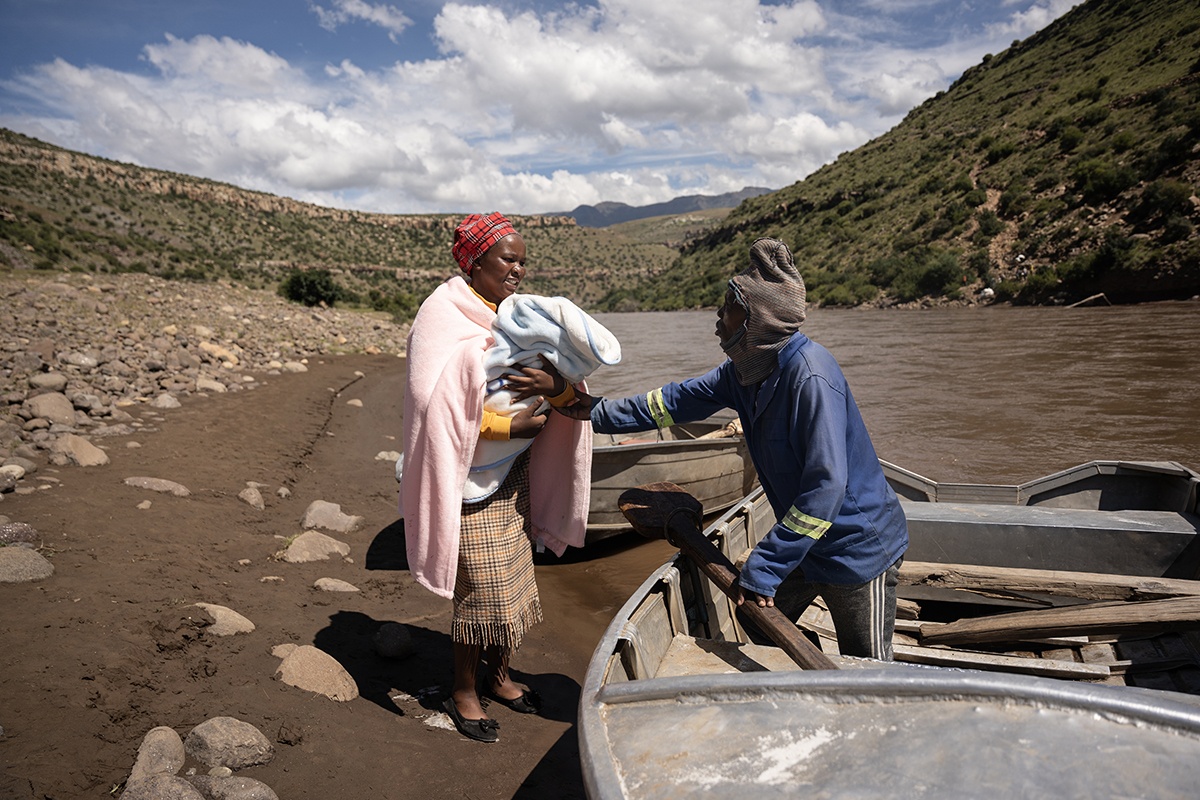
Pregnancy and childbirth customs vary from community to community, culture to culture. In the United States, we often imagine pregnant people being well prepared for labor and delivery—having a go-bag ready, the car seat secured, and a supportive partner ready to take them to the hospital. These expecting families are likely arriving in the family car, or in an ambulance in emergency situations.
In the countries where Partners In Health (PIH) works—where maternal mortality rates are some of the worst in the world—preparing for routine pregnancy visits can look vastly different. In Sierra Leone, a traditional birth attendant may accompany a pregnant woman until she needs to head to a maternal waiting home or a clinic to deliver. In Lesotho, women may arrive for prenatal appointments via canoe. In Liberia, a hired motorbike driver may be responsible for carrying a pregnant woman safely to her doctor.
We partnered with PIH photographers around the world to help document how women arrive at our facilities in six different countries. Take a look:
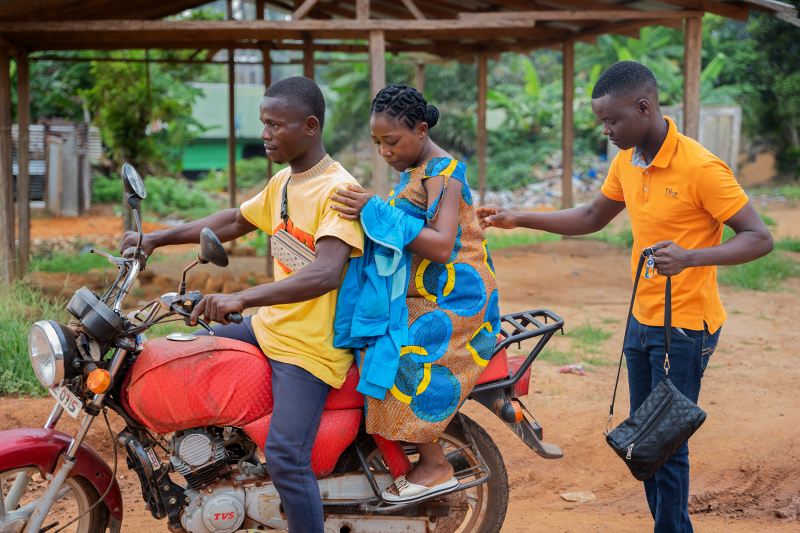
In Liberia, Aletha Walker and her fiancé travel to Pleebo Health Center for prenatal appointments via motorbike. Photo by Ansumana O. Sesay / PIH.
⎯
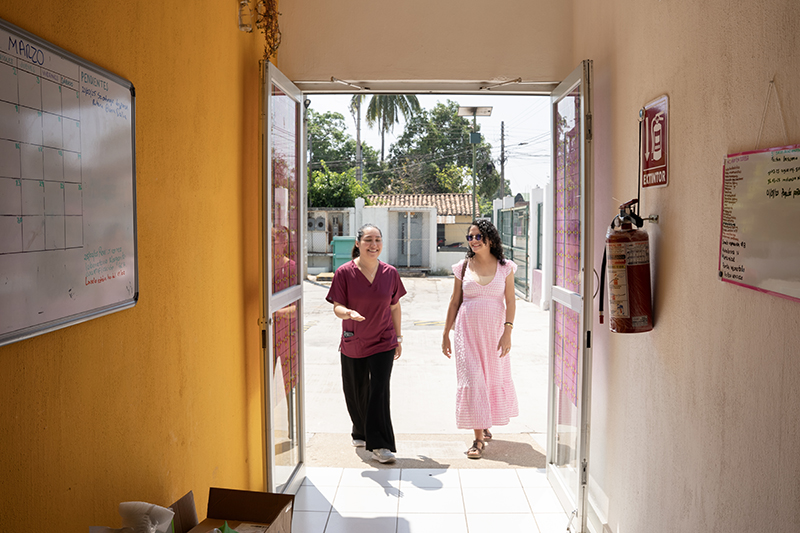
In Mexico, Maritza Alejandra Zavaleta Ramirez is met at the doors of Casa Materna by Service Manager Ameyalli Juárez, when arriving for a consultation. Photo by Francisco Terán / PIH.
⎯
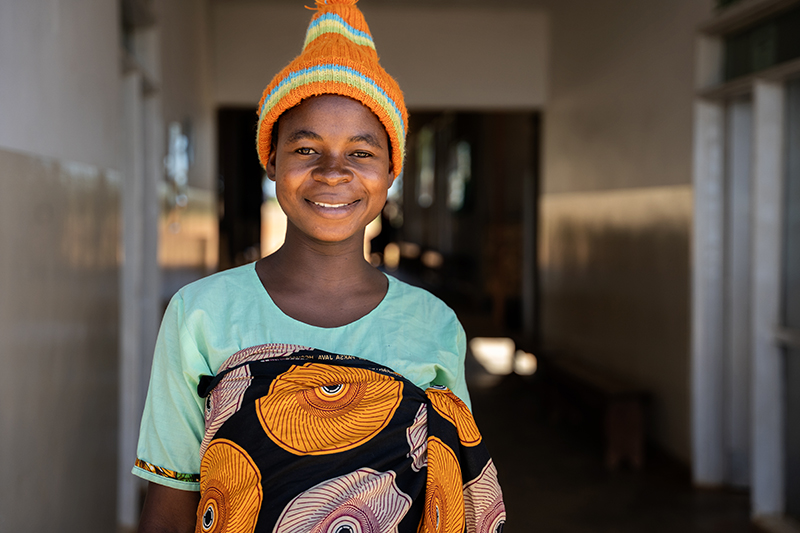
In Malawi, Prisca Changwala, nine months pregnant, walked over six kilometers—nearly four miles—to Dambe Health Center in Neno to access maternal care. Photo by Joseph Mizere / PIH.
⎯
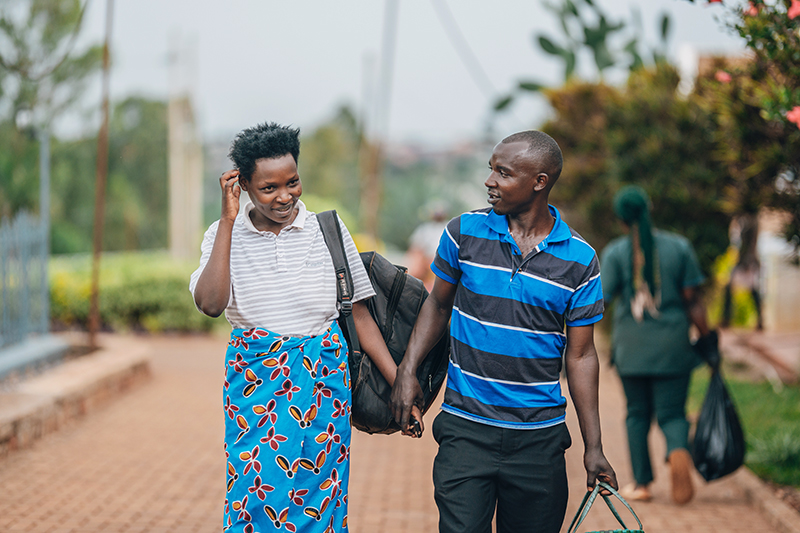
In Rwanda, Manirangena Josiane arrives at Kirehe District Hospital to give birth, hand-in-hand with her brother, Niyobuhungiro Janvier, who has accompanied her on the journey. Photo by Asher Habinshuti / PIH.
⎯
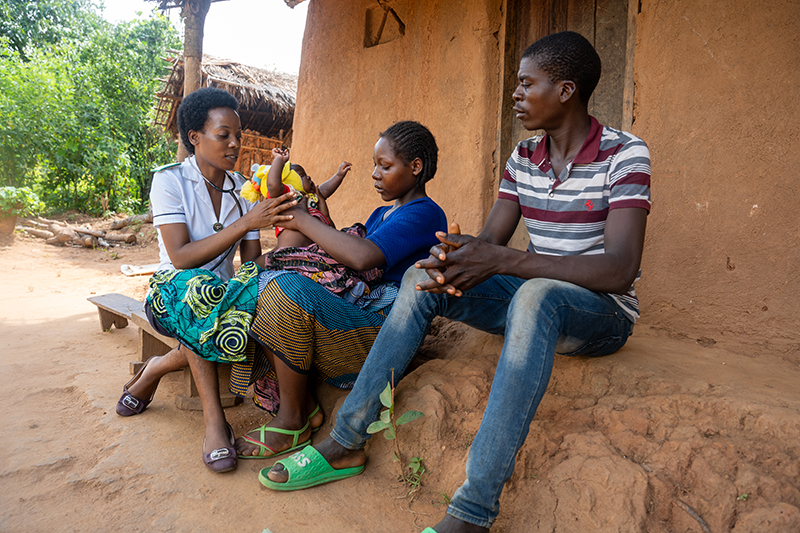
In Malawi, Esther Mughogho, a nursing officer from PIH-supported Neno District Hospital, visits Agness George and her husband, Daniel George, at home to give their newborn son, Daniel George Junior, a check-up. When their son was born, the couple traveled over eight kilometers—around five miles—on foot from their home to seek maternal health services. Photo by Joseph Mizere / PIH.
⎯
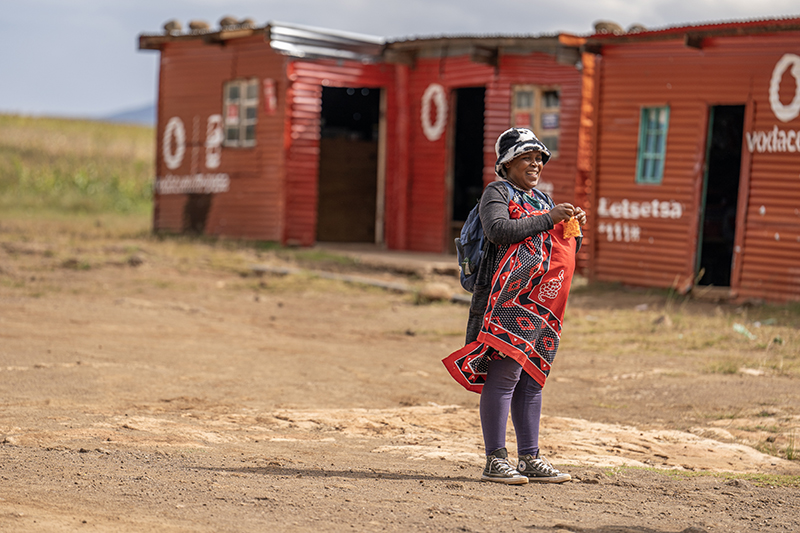
In Lesotho, Makarabo Mohafa embarks on a four-hour walk from her home village to Nkau Health Center where she's receiving prenatal care. Photo by Justice Kalebe / PIH.
⎯
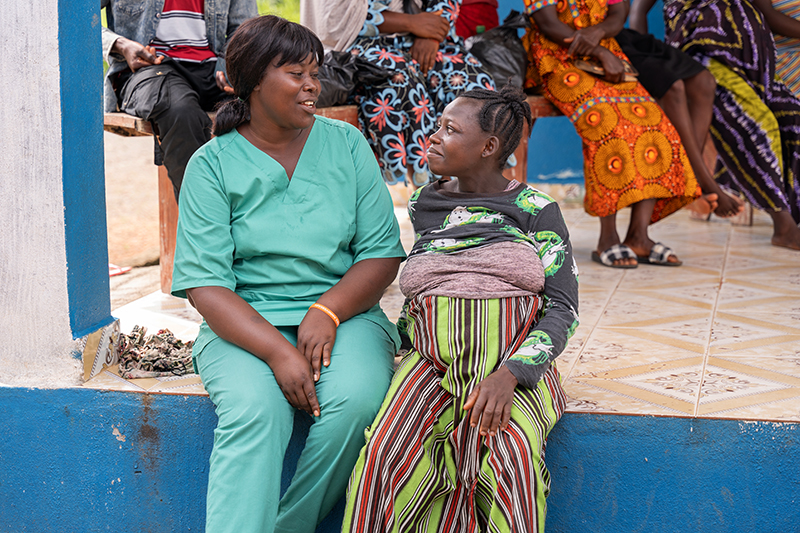
In Sierra Leone, Deborah Messie Sondufu, PIH nurse midwife, sits with Sia Fengai at the maternal waiting home at Wellbody Clinic as they wait for an ambulance to transfer Sia to Koidu Government Hospital. Due to a high-risk pregnancy, Sia traveled over 400 miles to stay at the home for five weeks and is being transferred for a C-section. Photo by Chiara Herold / PIH.
⎯
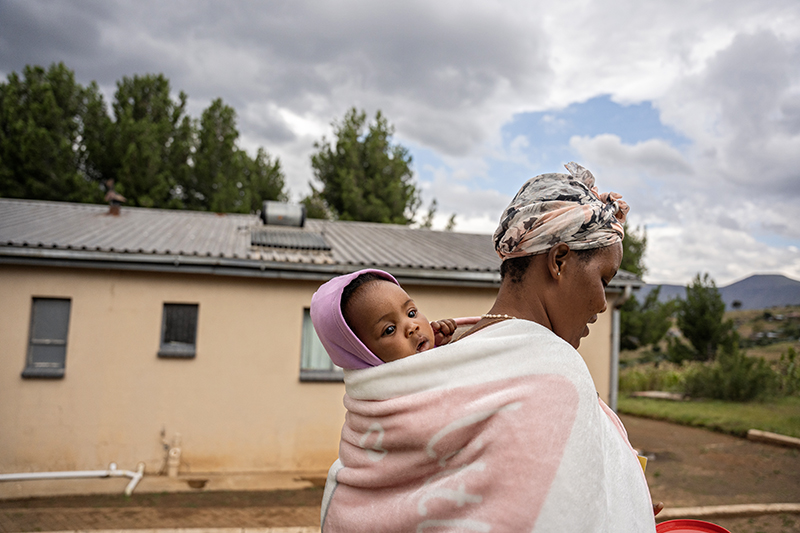
In Lesotho, Nobelane Ntlanyane walks from her village to Nkau Health Center with her daughter, Amahle Ntlanyane, secured to her back to access health services. Photo by Justice Kalebe / PIH.

